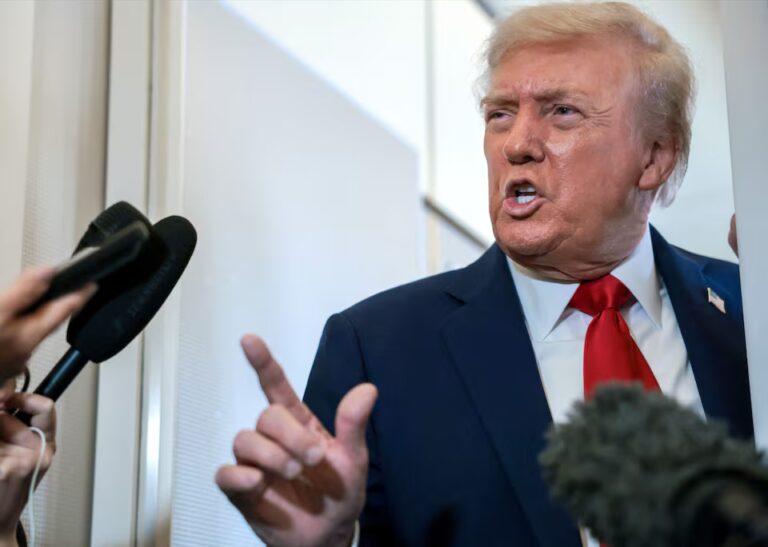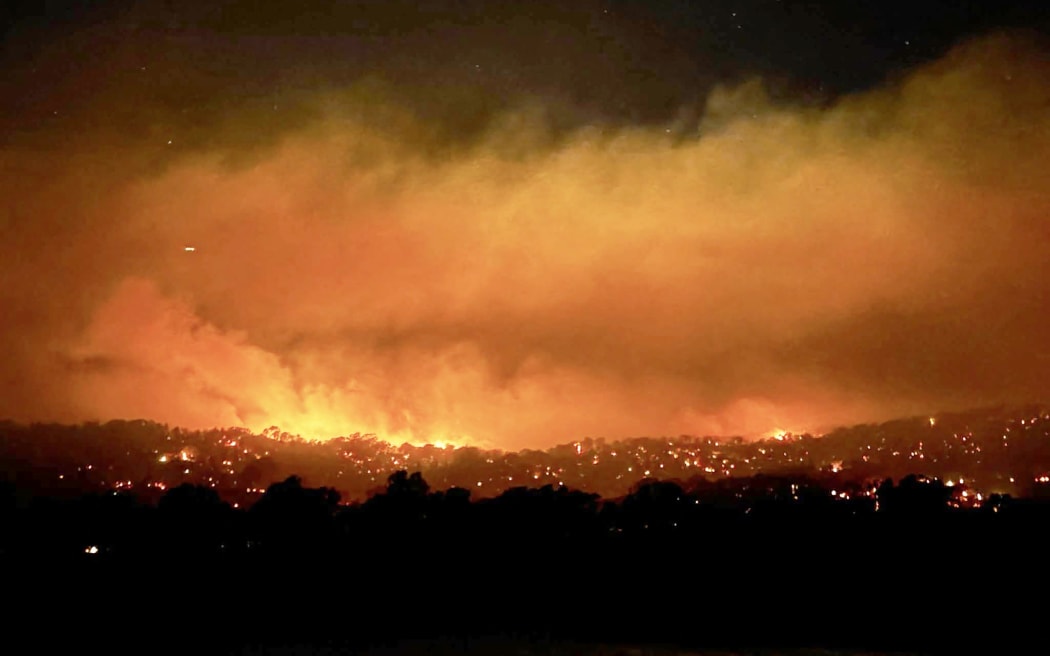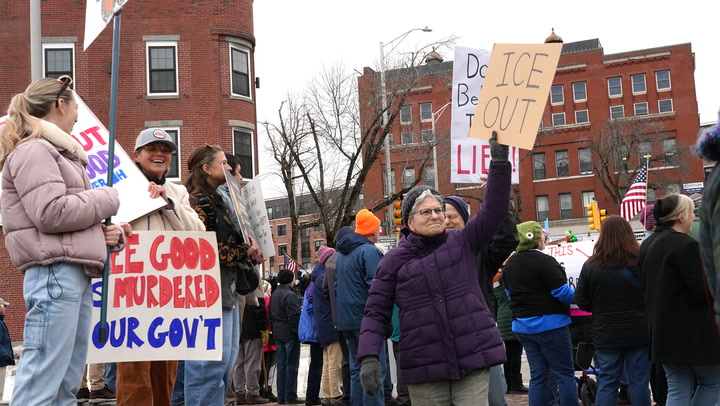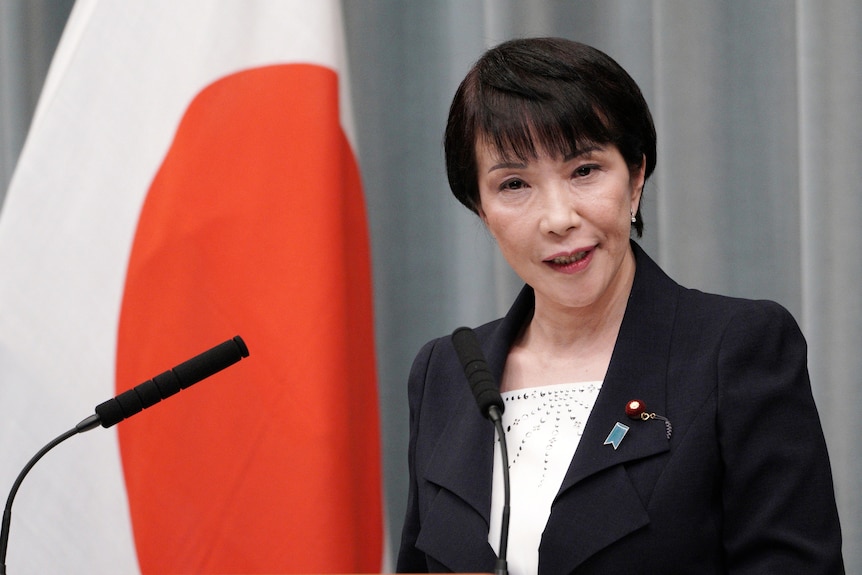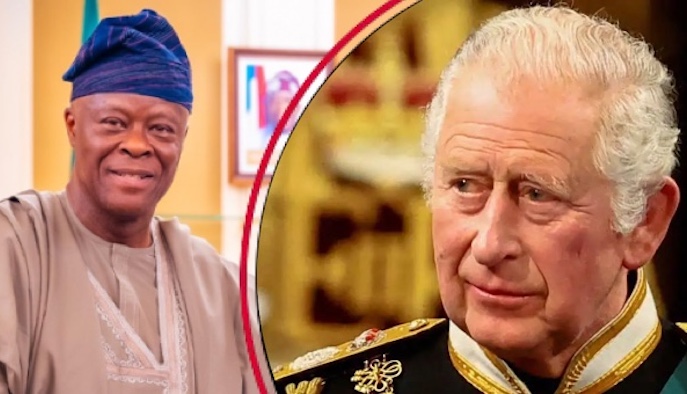U.S. President Donald Trump has publicly stated that Hamas was granted a temporary “green light” to conduct internal security operations within the Gaza Strip, saying the group “wants to stop the problems” and “we gave them approval for a period of time.” His comments came amid reports that the group is acting as a police force in Gaza following a ceasefire last week.
Trump made the remarks while aboard Air Force One, when asked about reports that Hamas had begun instituting itself as a policing authority and clashing with rivals. “They do want to stop the problems, and they’ve been open about it,” he said, adding: “You have close to 2 million people going back to buildings that have been demolished … so we want it to be safe.”
The move comes after a ceasefire that took effect Friday compelled Hamas, according to Trump’s broader peace proposal, to disarm and relinquish political control of Gaza. Despite that, the group deployed internal security forces in parts of the territory, portraying their actions as a measure to prevent lawlessness, looting, and a power vacuum.
In Gaza City over the past two days, Hamas security personnel clashed with members of a local clan in confrontations tied to control and authority. Meanwhile, the Hamas-run Interior Ministry issued a weekend statement offering amnesty to individuals involved in gang activities—so long as they were not implicated in “bloodshed.”
Read Also: Trump Threatens Tariff Surge As China Restricts Rare Earths
A Palestinian security official confirmed that Hamas had killed 32 gang members in recent operations in Gaza City, arrested 24 more, and wounded 30 in the process. Six Hamas operatives also died in those clashes. The official said the raids specifically targeted a family-linked “gang” that had been accused of looting and undermining public order.
Trump’s statement has effectively introduced a new clause into his earlier peace framework. Initially, his plan called for Hamas to fully disarm and for a new transitional Palestinian government—comprising technocrats and regional partners—to assume administrative and security control over Gaza and the West Bank. The intent was to dismantle militant infrastructure while paving the way for a unified, demilitarized Palestinian authority under international supervision.
However, with his latest remarks, Trump appears to have softened that stance, at least in the short term. By acknowledging and even endorsing Hamas’ internal policing role, he has created an exception to his own policy — one that allows the group to act as a temporary security enforcer while the region stabilizes.

